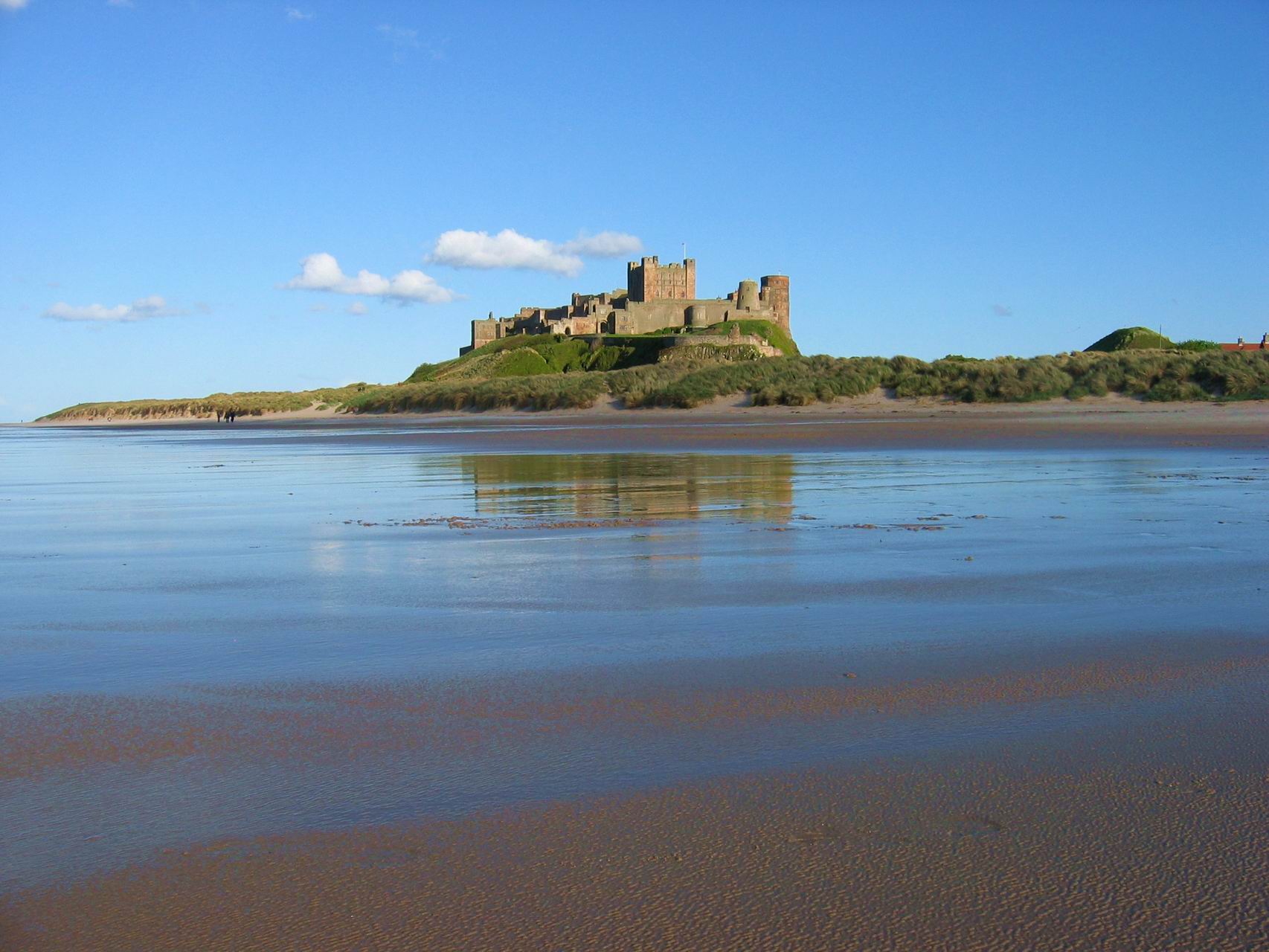Earls, Ealdormen And High-reeves Of Bamburgh on:
[Wikipedia]
[Google]
[Amazon]
 The Rulers of Bamburgh (
The Rulers of Bamburgh (
 The Rulers of Bamburgh (
The Rulers of Bamburgh (Old English
Old English ( or , or ), or Anglo-Saxon, is the earliest recorded form of the English language, spoken in England and southern and eastern Scotland in the Early Middle Ages. It developed from the languages brought to Great Britain by Anglo-S ...
: ''Bebbanburh''; Old Irish
Old Irish, also called Old Gaelic (, Ogham, Ogham script: ᚌᚑᚔᚇᚓᚂᚉ; ; ; or ), is the oldest form of the Goidelic languages, Goidelic/Gaelic language for which there are extensive written texts. It was used from 600 to 900. The ...
: ''DĂşn Guaire''; Brittonic: ''Din Guairoi'') were significant regional potentates in what is now northern England
Northern England, or the North of England, refers to the northern part of England and mainly corresponds to the Historic counties of England, historic counties of Cheshire, Cumberland, County Durham, Durham, Lancashire, Northumberland, Westmo ...
and south-eastern Scotland during the Viking Age
The Viking Age (about ) was the period during the Middle Ages when Norsemen known as Vikings undertook large-scale raiding, colonising, conquest, and trading throughout Europe and reached North America. The Viking Age applies not only to their ...
. Sometimes referred to in modern sources as the Earldom of Bamburgh, their polity existed for roughly two centuries, beginning after the attacks on the Anglo-Saxon Kingdom of Northumbria
Northumbria () was an early medieval Heptarchy, kingdom in what is now Northern England and Scottish Lowlands, South Scotland.
The name derives from the Old English meaning "the people or province north of the Humber", as opposed to the Sout ...
by the Vikings
Vikings were seafaring people originally from Scandinavia (present-day Denmark, Norway, and Sweden),
who from the late 8th to the late 11th centuries raided, pirated, traded, and settled throughout parts of Europe.Roesdahl, pp. 9â ...
in the later ninth century, and ending after the Norman Conquest
The Norman Conquest (or the Conquest) was the 11th-century invasion and occupation of England by an army made up of thousands of Normans, Norman, French people, French, Flemish people, Flemish, and Bretons, Breton troops, all led by the Du ...
later in the eleventh century. In Scottish and Irish sources of the period the Bamburgh 'earldom' is referred to as the kingship of the Northern English (or the North English kingdom), or simply of the 'Saxons'.
In essence, Bamburgh
Bamburgh ( ) is a village and civil parish on the coast of Northumberland, England. It had a population of 454 in 2001, decreasing to 414 at the 2011 census.
Bamburgh was the centre of an independent north Northumbrian territory between 867 a ...
and the surrounding region (the former realm of Bernicia
Bernicia () was an Anglo-Saxon kingdom established by Anglian settlers of the 6th century in what is now southeastern Scotland and North East England.
The Anglian territory of Bernicia was approximately equivalent to the modern English cou ...
), the northern component of Northumbria, was ruled in succession by a shadowy series of 'kings', 'earls' (Latin '' duces'') and 'high-reeve
High-reeve () was a title taken by some Anglo-Saxon, English magnates during the 10th and 11th centuries, and is particularly associated with the Earls, ealdormen and high-reeves of Bamburgh, rulers of Bamburgh. It was not however only used by ru ...
s' (from Old English ''heah-gerefa''). Most of these were descended from Eadwulf I of Bamburgh
Eadwulf I (died 913) was ruler of Bamburgh in the early tenth century. A genealogy in the twelfth-century text ''De Northumbria post Britannos'' recording the ancestry of Waltheof Earl of Northampton (and, briefly, Northumbria), makes Eadwulf th ...
, thereafter called the Eadwulfings or House of Bamburgh. Several of these men commanded the whole of Northumbria, and their jurisdiction is also sometimes referred to also as the earldom of Northumbria (not to be confused with the southerly 'official' ealdordom of Northumbria based at York).
Post-867 Kings in English Northumbria
Eadwulfing line or 'House of Bamburgh'
Post-Eadwulfing
Notes
References
* * *See also
*Earl of Northumbria
Earl of Northumbria or Ealdorman of Northumbria was a title in the late Anglo-Saxon England, Anglo-Saxon, Scandinavian people, Anglo-Scandinavian and early Anglo-Norman England, Anglo-Norman period in England. The ealdordom was a successor of the ...
{{Medieval Scotland